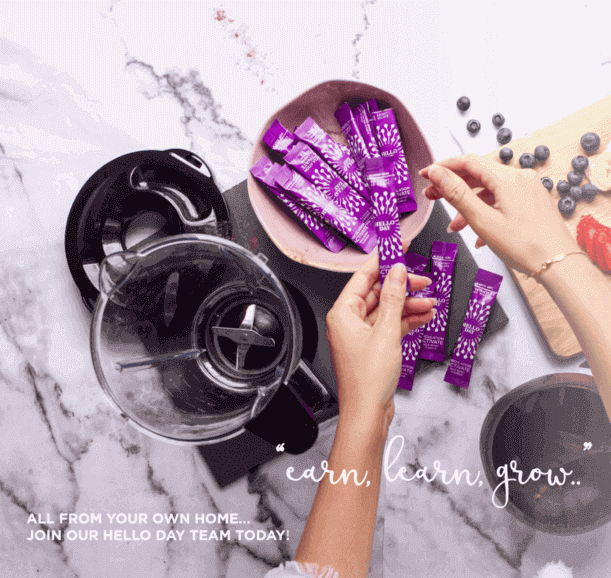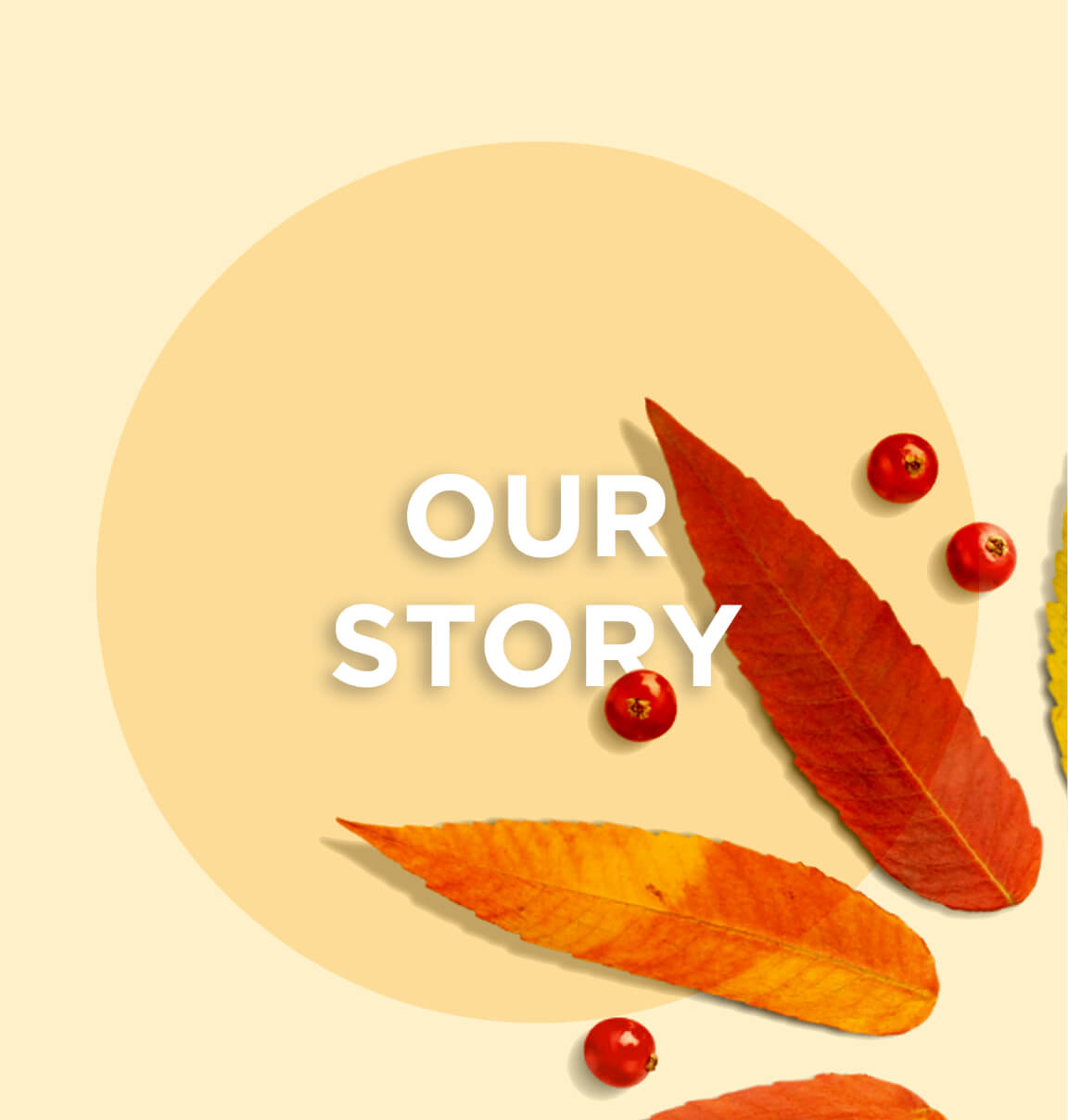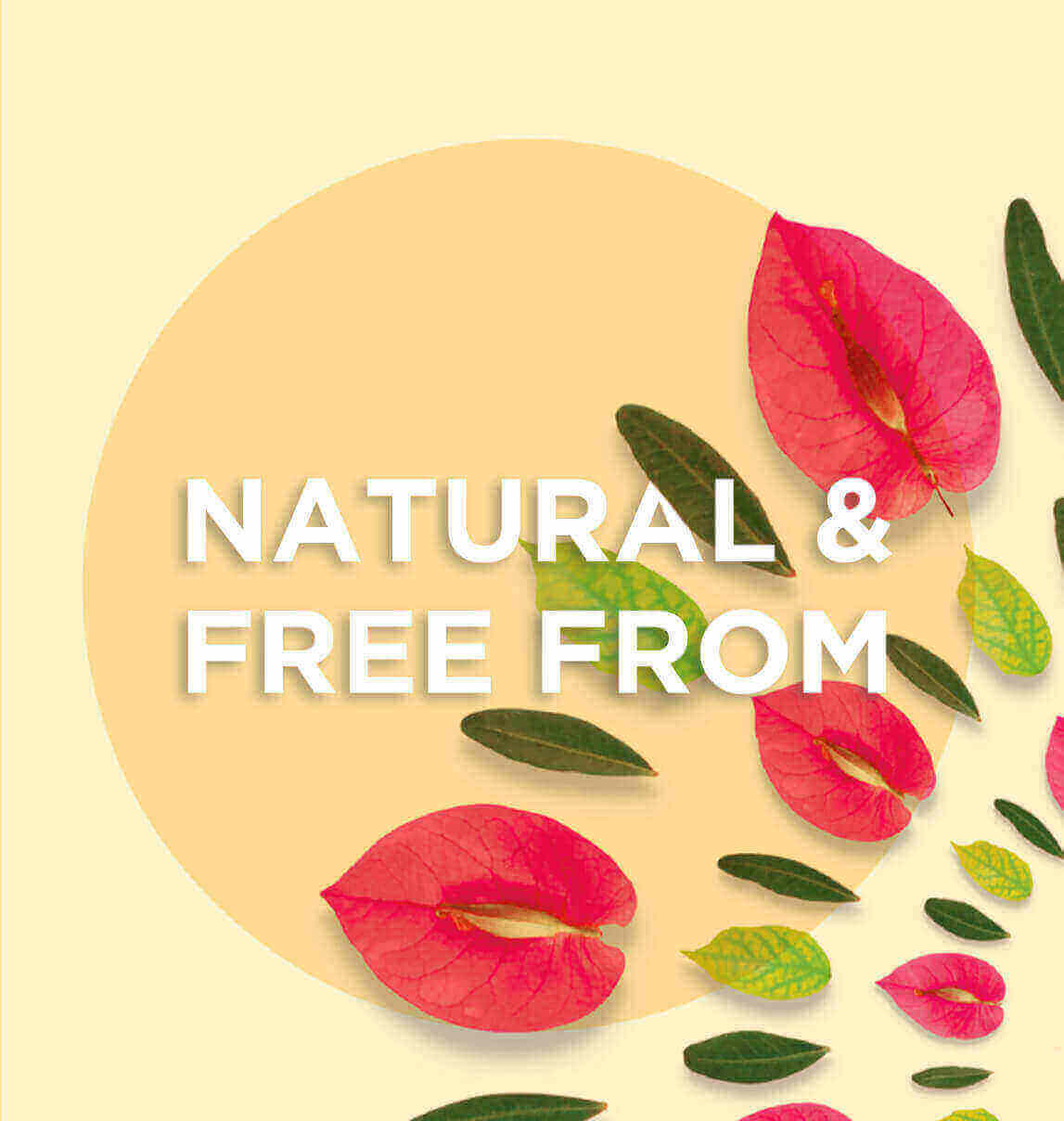Autumn, just like spring, is a transitional season, but it falls between periods of intense heat and extreme cold. The build-up of toxins, arrival of the rain, fading light and our weakened immunity… the after-effects of the summer (imbalances and excess) will lead the body to experience general tiredness, deficiencies, and the risk of developing seasonal depression.
On return, when we face a stressful and busy period with a change in climate, it’s important to remain dynamic yet calm.
Here are four tips to help you stay in good health over autumn and get ready for the winter:
– Fix the after-effects of the summer at cutaneous level
– Combat fatigue linked to sometimes excessive summer activities
– Stimulate the body’s defences to be prepared for the first viral attacks
– Banish toxins stored in the body during the summer period which cause nutritional imbalances
1. BEAUTY CARE TO RESTORE THE SKIN AND REVITALISE THE HAIR BEFORE WINTER
Our skin is dry and dehydrated; our hair is weakened by the sun and sea water, but also by internal deficiencies…
The summer is reflected in our hair and skin conditions. These are linked to the sun with free radical formulation and dried skin in addition to vitamin and mineral imbalances…
The high temperatures in the summer cause significant perspiration. Admittedly this does allow the body to get rid of toxins; however, it also removes numerous minerals and other vital substances. The skin and hair will suffer quickly from these deficiencies and attacks.
The unlikely trio recommended for healthy skin and shiny hair is formed by:
– An amino acid containing sulphur called cystine, which is an essential protein component. It encourages hair growth, makes nails harder and enhances their growth too. It plays a part in the synthesis of melanin, the agent responsible for the colouring of skin and hair.
– Vitamin B6 also keeps the skin healthy and relaunches the synthesis of keratin, a constituent of the hair.
– Vitamin C, due to its anti-oxidant action, takes care of sun-related skin damage and protects vitamin B6 which is sensitive to light, UV rays and any other oxidants.
Facts worth knowing: The amount of vitamin B6 produced by the body does not meet its daily needs. A dietary intake or supplement is therefore essential. This vitamin encourages the synthesis of neurotransmitters such as adrenalin, dopamine, tryptophan and serotonin, playing a part in stress and depression management. Moreover, there is interdependence between good magnesium absorption and the presence of vitamin B6.
As a complement to this mix, horsetail also provides minerals that strengthen the structure of the skin and its appendages. Peacock tail, a small brown alga found in the Mediterranean Sea, known for its calcium-binding effects, has a strong anti-free radical and anti-inflammatory action and enhances the skin’s firmness and suppleness.
Regenerating and anti-oxidant vegetable oil applications such as sesame, argan or jojoba liquid wax oils should be encouraged.
2. HOW TO RESTORE ENERGY AND VITALITY?
A lack of vitality and energy becomes apparent at the start of autumn. The organism has consumed too much energy during the summer.
The organism becomes exhausted by the very high summer temperatures. It gets tired of regulating the body temperature.
Our diet is adapted to this new summer way of life. The food we consume is not as rich in vitamins and minerals. Cereals are forgotten…Deficiencies are observed at the start of autumn alongside low physical and mental energy.
To combat general fatigue, specific minerals and plants come to our rescue just before we get too tired and fall ill at the start of winter:
– Magnesium
Classified among the “anti-stress” minerals, magnesium manages nerve impulses. It restricts reactions to stress and blocks neuronal excitation. It promotes sleep when you have difficulty getting over or are experiencing nocturnal awakening. It combats the consequences of stress, emotional outbursts, muscle spasms, trouble sleeping and morning fatigue. It rebalances the organism, helps to restore its energy and creates a feeling of well-being.
The minimum daily recommended intakes are rarely met
– Siberian ginseng and golden root
are two adaptogens that maximise the effect of magnesium.
Siberian ginseng is valued for its positive impact on well-being. It prevents skin ageing, boosts the memory, energy and appetite. It manages stress and stimulates numerous metabolisms. In the 19th century the Russians emphasised the value of this plant due to its regulating, stimulating and inhibiting properties.
These properties are closely related to ginseng, used by the Chinese for centuries.
Golden root impacts the nervous system through serotonin. It prevents us from falling into seasonal depression, which is so common in autumn.
– Passion flower
provides a “sedative” note when you experience trouble sleeping due to
the time shifts in the summer. However, it is also an anxiolytic. It calms spasms.
There is an effective synergy and complementarity between nutritherapy and phytotherapy.
3. STIMULATE IMMUNITY: AN ESSENTIAL STEP
With fatigue and stress, the immune system isn’t at its best… The first microbes find it easy to attack the weakened organisms. Therefore, it is important to boost the immune system during the autumn period.
You should rely on an effective combination, which should be used from the end of September to protect the organism. Echinacea, a plant of reference for immune system stimulation, will be sustained by green chiretta or Andrographis with a double effect: immunity and anti-microbial properties. Elderberries enhance the two aforementioned plants through their stimulating anti-inflammatory, anti-virus and immune system stimulating qualities.
4. THE KEY TO SUCCESS
A colon cleanse-related “detox” cure is necessary if you want to get rid of the toxins that built up over the summer. Tiredness and stress will be curtailed quickly.
A toxin overload means the excretory organs have to work extra hard which leads to additional fatigue.
Rosemary and lemon balm further the toxin metabolising process and removal. Chrysanthellum enhances these actions, protects the liver cells and encourages good liver function. Tamarind works to get rid of toxins, by encouraging evacuation of stools. Colon cleansing may be coupled with taking a probiotic.





